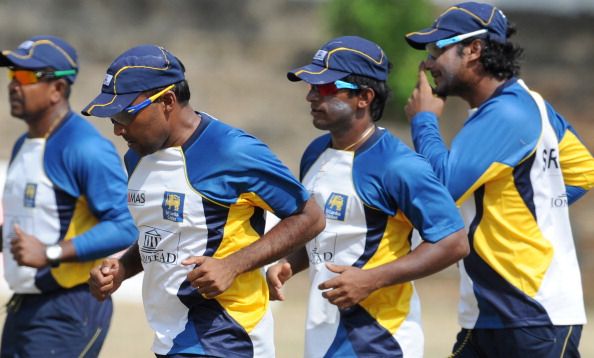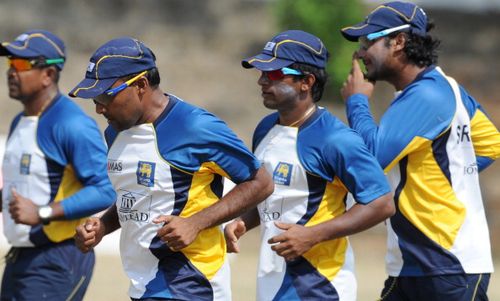
Sri Lankan players' controversy: Of the IPL and the embargoes around it

The latest controversy related to Sri Lankan players has hit IPL’s brand
The scene’s been replayed so many times over in the past. Wars and terror crimes have infiltrated the domain of sports, reducing it to a mockery of what it emphasises and broadcasts. Be it in the 1930s, where the Olympic Games were mired under the light of so-called racial superiority or during the 1970s, when a group of sportsmen were brutally killed by a terror outfit on account of their nationality, sports has unwittingly become the primary subject of dissent, not only before or during war-times but sometimes, even in the wake of warfare. Like the situation unfolding before the Indian cricket authorities, with respect to IPL matches and the Sri Lankan players.
Along with the obvious fact that the potential absence of Sri Lankan players would dent the franchise owners’ coffers with respect to their investment in each player, the ensuing controversy has also effectively halted the heady lead up to the tournament. Considering that the event has been mired in controversy ever since its initiation six years ago, this diversion of focus from the tournament to an event completely unrelated to the sport could not only jar the 2013 IPL season, but also pose bigger obstacles in the future trajectory of the hyped Indian Premier League.
Though the rules of the tournament dictate the inclusion of majority of Indian cricketers in any playing squad, the possible exclusion of Sri Lankan cricketers could very well bring out and emphasise the miscommunication between the various parties involved. As it so happens, looking at the uncertainty surrounding the possibility of Sri Lankan playing in the IPL this season, some Sri Lankan politicians have called for a retaliatory boycotting of the tournament by their players. If such an eventuality occurs, for those franchisees already impacted by player injuries, the full and thorough absence of the Lankan players would further weaken their squad strength. This potentiality would also jeopardise the chances of a franchise to do well in the IPL along with the wholesome entertainment factor that the event primarily focuses on.
Alternatively, even if franchise owners are ready to meet the initially stipulated requirements of not allowing the Sri Lankan players to play in Chennai, the location prohibition could prove to be an unwanted catalyst for any rebellion arising right during the course of the event. This is considering that the Lankan players don’t boycott the event in the first place, in accordance with their nation’s ex-cricketers’ sentiments.
With major international cricketing bodies coming together in their criticism of the BCCI with regard to its conduct, the IPL now stands at a tricky precipice. Though most international players express the keenest desire to play in the IPL considering the monetary returns it gets them, the availability of these players is also subject to the stance of their respective cricketing boards. If per chance, taking a cue from the BCCI vacillations on the issue of the Lankan players, any cricketing board cites the need to prioritise their forthcoming international cricketing commitments over the IPL, the road leading to the IPL could get even rockier.
Thus, while in terms of addressing the contention at hand, though it’s proving to be quite difficult for the BCCI to advocate or intervene presently, the IPL organisers do need to be careful about how they proceed with it vis-à-vis the tournament’s long-term structure. The constantly evolving paradigm of international cricket has made it necessary that tournaments like the IPL continue for the foreseeable future. However derailing they might be, to the efforts of the puritans to bring back the sport to its once glorified stature.
As far as pioneering ideas go, the IPL may have started out as an appealing vision brought forth to integrate entertainment with cricket. But its continuing run has been completely in contrast with what it set out to be, making it a very parody of its intended objectives and outlook.